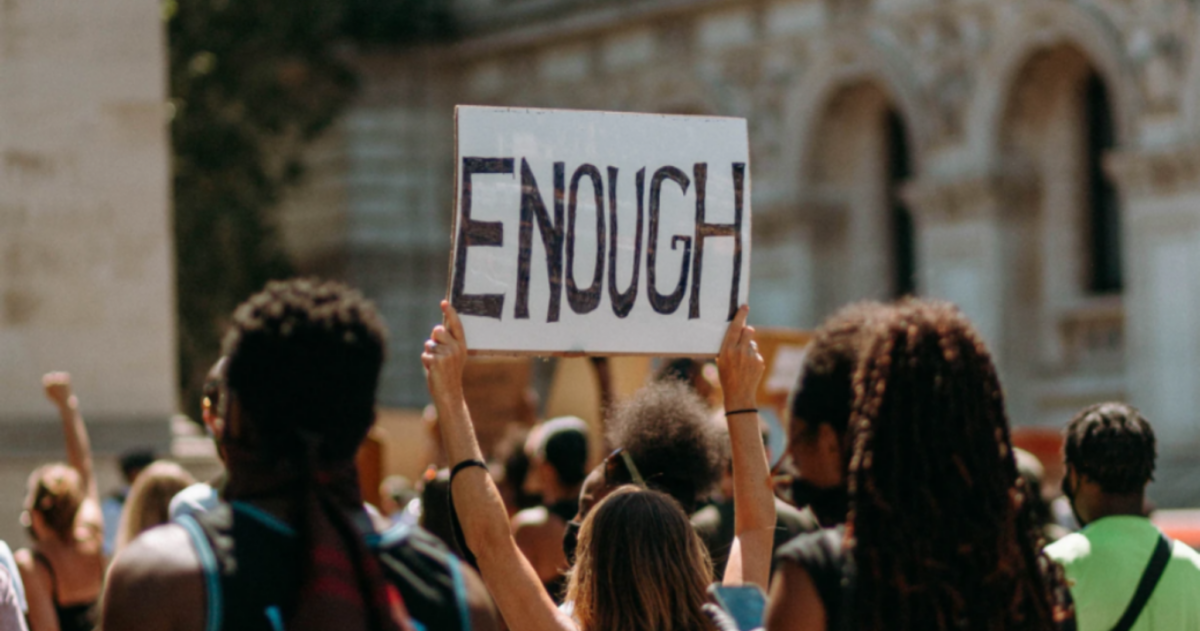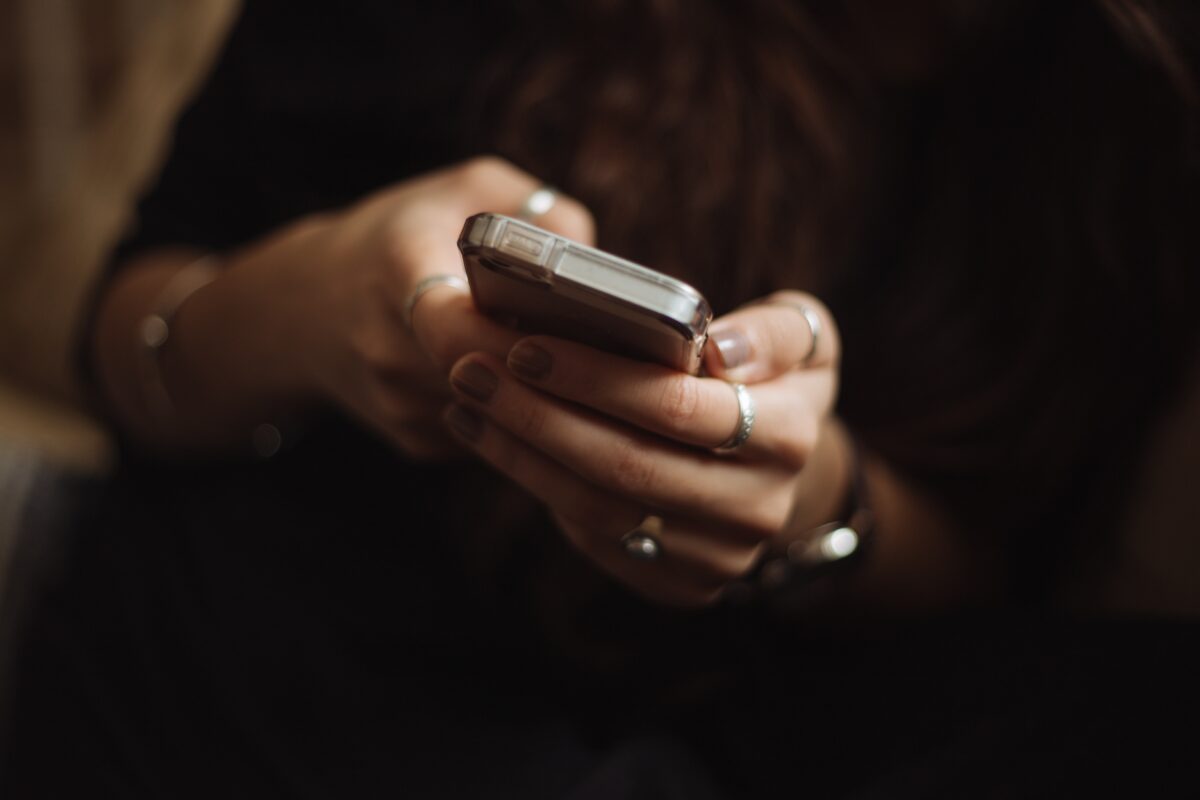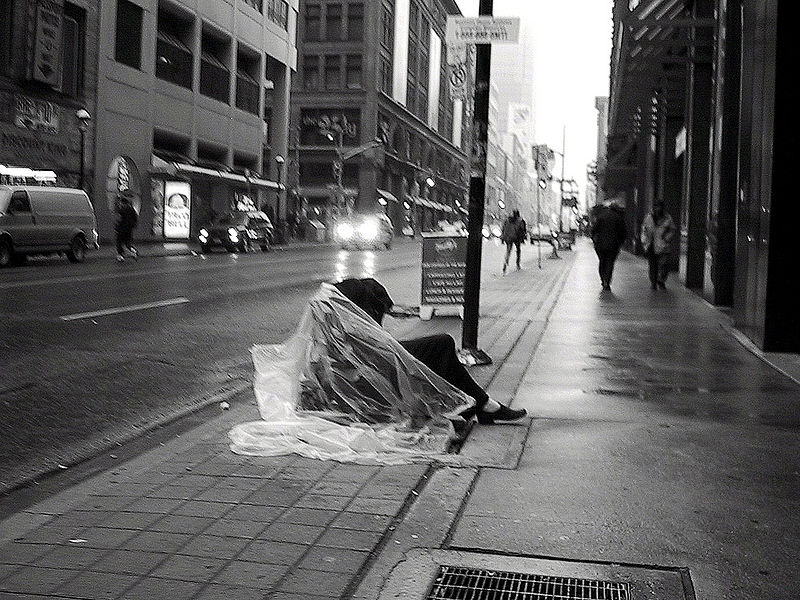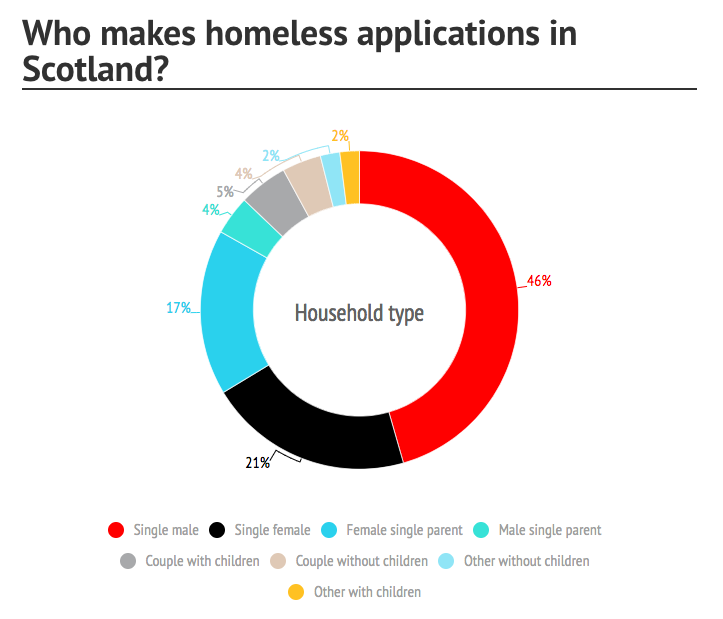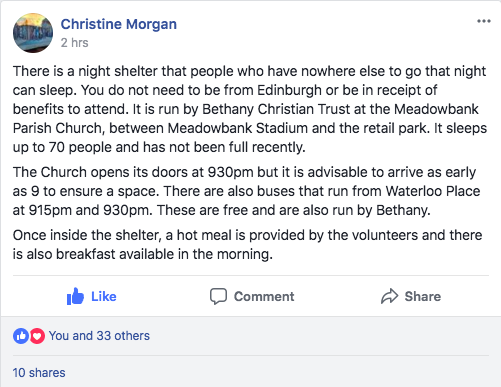How do we change the status quo which directly and indirectly harms us when we won’t help change happen?
It’s easy to let the petition pass by knowing other well-meaning individuals will pick up our slack. Or not read the full post. Or not swipe up. Or not bother with the video because it’s distressing. But from one supporter of justice to another? I’m tired.
It’s exhausting doing political emotional heavy-lifting all the time. It’s demoralising seeing the likes and the Seen counts hit over 100 and know you’ll be lucky if 1 person jumps apps to send an email to the MP or sign up for the newsletter to keep informed of the latest campaign updates. Even when the donate buttons and swipe up functions are built into the apps we’re perusing, we’re still not engaging. And in a global pandemic, it’s hard to feel connected to the grassroots work anywhere but the internet. So we rely on analytics, audience metrics and view counts to judge engagement or awareness levels. And when folks aren’t engaging? It doesn’t feel like we’re making progress towards the changes we desperately want to see.
Social media can no longer be touted as a space to switch off – it’s passive consumption disguised as Doing Something. We need to be honest with ourselves and call behaviours what they are.
Does that mean, though, that activism itself needs addressed? By segregating the general population into activists and bystanders, have we inadvertently given the less enthusiastic an easy out?
I’m not political says the member of a (supposedly) democratic society.
I don’t know enough to do more says the digitally savvy individual who sees friends encouraging people to get involved but neither asks for resources nor seeks them out.
It’s just not my thing says the person not recognising the injustices they’re directly affected by.
It’s not my fight says the individual who’s too tired to protest or campaign or learn or give because they are too busy just trying to get by.
I get it. I really do. Change demands energy and resources none of us have going spare. It seems like an unending task, and a thankless one at that, to push back against powerful people, invisible structures, oppressive systems, status quos and habitualised harms. You’re not wrong. But imagine the leaps we could all make if we all gave a little, instead of leaving an empassioned few (who largely encounter the brunt of the harms being fought as racialised, marginalised and minoritised communities tend to do) to set about imagining and forging communities and futures that benefit us all: holistically; economically; physically; environmentally; socially.
Change takes commitment, but commitment doesn’t look like a career or every weekend or £50 a month. It’s sowing seeds of awareness in your everyday life to acknowledge where you can make adjust your behaviours/language/ideas to support larger causes. An extra tin of soup and baby formula with your weekly shop for the big box supplying the local foodbank. £5 to the medical crowdfunder for a friend of a friend. Getting used to which matters are devolved in the Scottish Parliament so you can email your MSP, or your MP for reserved matters, to make sure your representatives know what their constituents want to see in the legal and policy landscapes for your country. It’s spreading awareness for global movements and committing to spend a bit more time reading up on what’s happening at home and around the world so you can start joining dots between connected issues.
These are all things that should be part of our experience as engaged citizens in a democracy. We’ve gotten complacent, I think, because the noise is amplified by the media and our newsfeeds to suggest changes are happening (and not happening) so our input must be both unnecessary and unwelcome. Neither could be further from the truth.
The UK Parliament is pushing through a law that will make protests illegal. How do we ensure democracy if we cannot speak to power, if we cannot stand toe to toe with our political opponents and cry out for justice where it is painfully lacking?
If in-person protests are banned and all campaigning moves online, how do we ensure issues receive fair attention (something we already fail to achieve with a multi-faceted approach)?
Rights and responsibilities go hand in hand. It’s cliché but only because we seem to have lost the true meaning of the phrase through its repetition and misunderstanding. We are granted rights – those standards by which we all deserve to live, those deemed fitting for humanity. But in gaining those rights, in engaging in such a life, we have a responsibility to ensure everyone experiences the same base level of humanity. When these rights are encroached on for some, they will surely be forfeit for all in time. History has a habit of repeating itself after all.
Activism is the collective work to challenge injustice in a multitude of ways. Activism carries everyone towards a shared goal for a world where we all thrive. It’s idealistic and that’s its beauty – the simplicity of it all lies in the common assumption that we deserve better, and the contribution to a community harnessing power to drive the necessary change.
